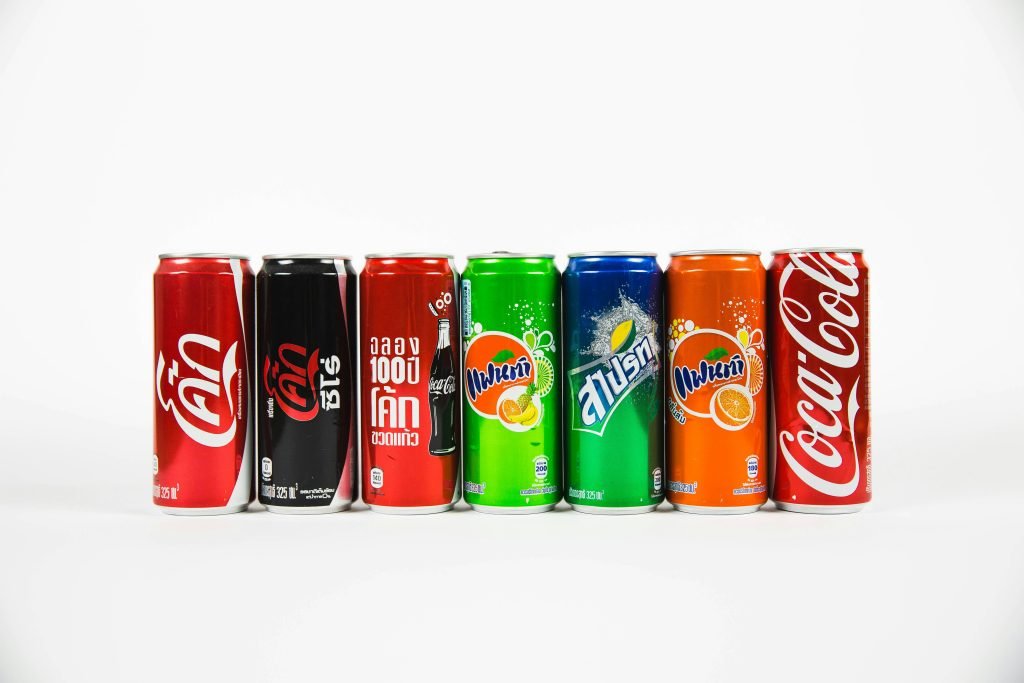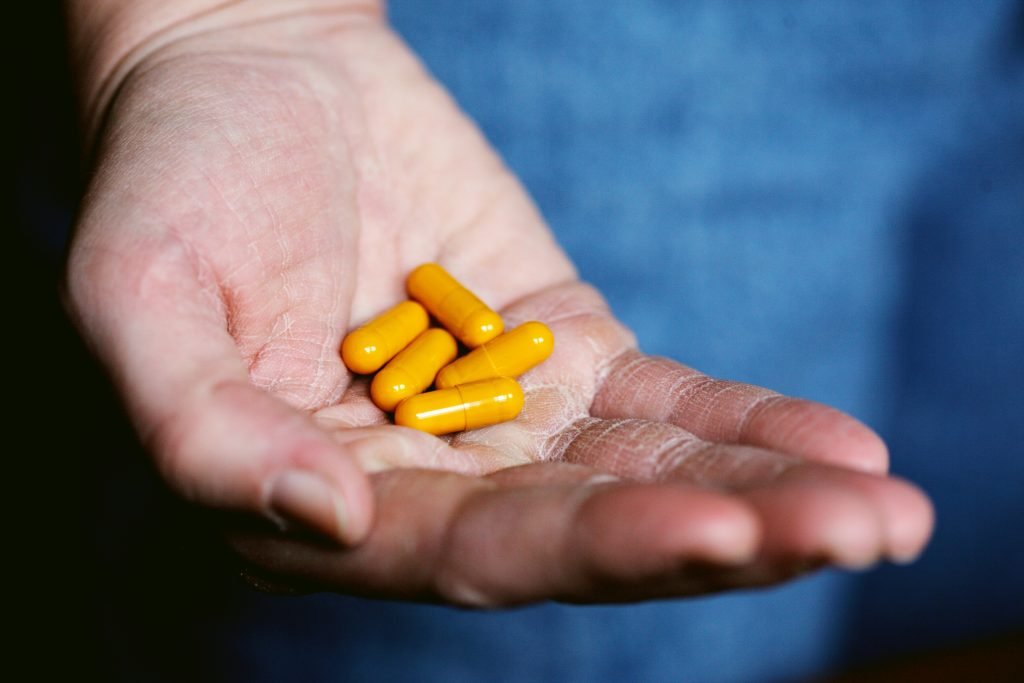If you’ve ever found yourself wondering if there are any programs out there that offer free samples of medications, you’re not alone. Accessibility to affordable healthcare is a topic that affects millions of people around the world. This article aims to explore the possibility of finding such programs and shed some light on how they can potentially alleviate the financial burden of medication expenses. So, if you’ve ever wondered if there’s help out there, read on to discover the possibilities.
Pharmaceutical Company Programs
Overview
Pharmaceutical company programs are designed to provide assistance and support to individuals who are in need of medications but may not have the means to afford them. These programs are typically offered by drug manufacturers and aim to improve access to essential medications for patients who are uninsured, underinsured, or facing financial difficulties.
Eligibility
Eligibility criteria for pharmaceutical company programs may vary depending on the specific program and the medication being provided. Generally, individuals who do not have prescription drug coverage or who meet certain income guidelines are eligible to apply for assistance. Some programs may also consider other factors such as medical need or the specific condition being treated.
Application Process
To apply for a pharmaceutical company program, you will typically need to fill out an application form provided by the manufacturer. This form will require information about your financial situation, insurance coverage, and medical condition. It is important to provide accurate and complete information to ensure a smooth application process. You may also be required to submit supporting documents, such as proof of income or insurance denial letters.
Types of Medications Available
Pharmaceutical company programs can provide access to a wide range of medications, including both brand-name and generic drugs. These programs may cover medications for various medical conditions, such as chronic diseases, mental health disorders, or rare diseases. It is important to note that not all medications may be available through these programs, and availability can vary depending on the specific program and the manufacturer.
Patient Assistance Programs (PAPs)
Purpose
Patient Assistance Programs (PAPs) are another avenue for individuals to access free or discounted medications. These programs are typically run by pharmaceutical companies and aim to assist individuals who are unable to afford the full cost of their medications. PAPs can be a valuable resource for uninsured or underinsured individuals who are in need of ongoing treatment.
Qualification Criteria
Qualification criteria for PAPs can vary depending on the program and the specific medication. Generally, individuals who have limited income, lack prescription drug coverage, or face financial hardships are eligible to apply for assistance. Some programs may also consider other factors such as medical need or specific medical conditions.
Application Process
The application process for PAPs typically involves completion of an application form provided by the pharmaceutical company. This form will require detailed information about your financial situation, insurance coverage, and medical condition. It is important to provide accurate information and to include any supporting documents required. Once the application is submitted, it will be reviewed by the pharmaceutical company for eligibility determination.
List of PAPs
There are numerous pharmaceutical companies that offer Patient Assistance Programs. Some well-known PAPs include GSK’s Patient Assistance Program, Pfizer RxPathways, and Johnson & Johnson Patient Assistance Foundation. Each program may have different eligibility criteria and medication coverage, so it is important to research and identify the program that best fits your needs.

This image is property of images.unsplash.com.
Free Medication Samples at Doctors’ Offices
Availability
Free medication samples are commonly provided by pharmaceutical companies to doctors’ offices for distribution to patients. These samples are typically available for commonly prescribed medications and can be a helpful resource for individuals who are unable to afford their medications or who need to try a medication before committing to a full prescription.
Types of Medications
The types of medications available as free samples at doctors’ offices can vary depending on the partnerships between pharmaceutical companies and healthcare providers. Samples may include both brand-name and generic medications for various medical conditions such as allergies, infections, or chronic diseases. It is important to note that not all medications may be available as free samples, and availability can be limited.
How to Access
To access free medication samples at doctors’ offices, you can discuss your financial situation with your healthcare provider or their medical staff. They may have available samples that can be provided to you during your visit. It is important to communicate your needs and circumstances openly with your healthcare provider, as they can work with you to explore available options and resources.
Online Resources and Websites
Medication Samples Websites
Several websites specialize in providing information and resources for individuals seeking free medication samples. These websites aggregate information from pharmaceutical companies and healthcare providers to provide a comprehensive list of available samples. Examples of such websites include SampleMeMore and The Medicine Sample Club. By visiting these websites, you can browse through available sample programs and potentially find medications that align with your needs.
Online Prescription Assistance Programs
Online prescription assistance programs, also known as Prescription Assistance Programs (PAPs), are web-based platforms that connect individuals in need of medication assistance with pharmaceutical company programs and other resources. These platforms allow users to complete an online application, which is then submitted to relevant programs for evaluation. Examples of online prescription assistance programs include NeedyMeds and RxAssist.
Online Pharmacy Discounts
There are also online platforms and websites that offer pharmacy discounts and coupons, enabling individuals to obtain their medications at reduced prices. Websites like GoodRx and Blink Health allow users to search for their prescribed medication and compare prices at different pharmacies. These platforms often provide substantial discounts, making medications more affordable for individuals who are uninsured or underinsured.

This image is property of images.unsplash.com.
Nonprofit Organizations
Role in Providing Free Medication Samples
Nonprofit organizations play a significant role in providing free medication samples to individuals in need. These organizations often partner with pharmaceutical companies to distribute medications to uninsured or low-income individuals. By working together, they aim to bridge the gap in access to medication for those who are financially burdened.
Eligibility and Application Process
Eligibility requirements and application processes for nonprofit organizations may vary depending on the specific organization and program. Generally, these organizations have income limits and may prioritize individuals who meet certain criteria, such as having specific medical conditions or lacking prescription drug coverage. To apply for assistance, individuals usually need to complete an application form and provide supporting documents to demonstrate their eligibility.
Examples of Nonprofit Organizations
Several nonprofit organizations are dedicated to providing free medication samples. The Partnership for Prescription Assistance (PPA) is a notable organization that connects individuals with prescription drug assistance programs offered by pharmaceutical companies, government agencies, and other organizations. Another example is the GoodDays program by the Chronic Disease Fund, which helps individuals with chronic illnesses access medication and medical supplies.
Government Programs
Medicaid
Medicaid is a government program that provides healthcare coverage to low-income individuals and families. This program includes prescription drug coverage, ensuring that eligible individuals can access essential medications at an affordable cost. Medicaid eligibility and coverage vary by state, so it is important to check the specific requirements and benefits in your state.
Medicare
Medicare is a federal health insurance program primarily for individuals aged 65 and older, as well as certain younger individuals with disabilities. Medicare has several parts, including Part D, which covers prescription drugs. Medicare Part D plans offer a range of medications at varying costs, and individuals can choose a plan that best meets their needs. It is important to review the different plan options and consider factors such as medication coverage, costs, and preferred pharmacies.
State-based Programs
Many states have additional programs in place to assist individuals with access to medications. These state-specific programs can provide prescription drug coverage or discounts to eligible individuals. Examples of state-based programs include California’s Medi-Cal, New York’s EPIC program, and Pennsylvania’s PACE program. It is recommended to research and inquire about available state programs in your area to determine eligibility and benefits.

This image is property of images.unsplash.com.
Clinical Trials
Access to Experimental Medications
Clinical trials offer individuals an opportunity to access experimental medications before they are widely available on the market. These trials are designed to evaluate the safety and effectiveness of new treatments or interventions for specific medical conditions. By participating in a clinical trial, individuals may gain access to potentially beneficial medications that are not yet approved for general use.
Participation Criteria
Each clinical trial has specific participation criteria that individuals must meet in order to be eligible. These criteria can include factors such as age, gender, medical history, and current health status. Additionally, clinical trials often look for individuals who have a particular medical condition or meet specific requirements for the study. By meeting the eligibility criteria, individuals can potentially participate in a clinical trial and gain access to experimental medications.
Benefits and Risks
Participating in a clinical trial can have both benefits and risks. The benefits may include access to potentially effective medications, close monitoring by medical professionals, and contributing to scientific research. However, there are also risks involved, such as unknown side effects of the experimental medication and the possibility of receiving a placebo instead of the active treatment. It is important to thoroughly review the informed consent documents and discuss the potential risks and benefits with the trial’s medical team before making a decision to participate.
Finding and Applying for Clinical Trials
To find clinical trials that may provide access to free medications, individuals can visit reputable websites such as ClinicalTrials.gov or research institutions’ websites. These platforms allow users to search for trials based on specific medical conditions, locations, and other criteria. Once a suitable trial is identified, individuals can follow the provided instructions to apply for participation. It is recommended to consult with a healthcare professional and carefully review the trial details before enrolling.
Local Health Department and Community Clinics
Program Offerings
Local health departments and community clinics often provide assistance programs aimed at improving access to medications for individuals in need. These programs vary depending on the specific healthcare facility and the resources available. Program offerings may include free or low-cost medications, medication assistance applications, and referrals to other assistance programs.
Eligibility
Eligibility criteria for programs offered by local health departments and community clinics can vary. Some programs may be specifically designed for individuals with low income or who lack prescription drug coverage. Others may have broader eligibility criteria. To determine eligibility and program-specific requirements, individuals should contact their local health department or community clinic and inquire about available medication assistance programs.
Application Process
The application process for medication assistance programs offered by local health departments and community clinics can involve filling out an application form and providing supporting documents. These documents may include proof of income, proof of residency, and identification documents. It is important to gather all necessary information and follow the instructions provided by the healthcare facility to ensure a smooth application process.
Health Insurance Coverage
Prescription Drug Coverage
Health insurance plans typically provide coverage for prescription medications, although the extent of coverage can vary depending on the specific plan. It is important to review the details of your health insurance policy to understand the prescription drug coverage provided. This may include information on copayments, deductibles, and the medications included in the formulary. Understanding your coverage can help you plan and budget for your medication needs.
Generic Medications
Health insurance plans often encourage the use of generic medications as a cost-saving measure. Generic medications are bioequivalent to brand-name medications but typically cost less. Most insurance plans offer lower copayments or cost-sharing for generic drugs. If possible, it is advisable to speak with your healthcare provider about generic alternatives to your prescribed medications to save on costs.
Coprograms
Some health insurance plans offer copayment assistance programs (coprograms) to help individuals afford their medications. These programs can provide financial assistance with copayments, reducing the out-of-pocket costs for medications. Coprograms may have eligibility criteria and application processes specific to the insurance plan. It is recommended to contact your health insurance provider to inquire about any available copayment assistance programs and determine your eligibility.
Pharmacy Discount and Savings Programs
Availability
Pharmacy discount and savings programs are widely available and offered by various organizations. These programs are designed to help individuals access medications at reduced prices. Discounts and savings can be obtained at participating pharmacies or through online platforms.
Discount Programs
Discount programs, such as prescription discount cards, allow individuals to access discounted prices on medications at participating pharmacies. These programs are often free to join and can provide substantial savings on prescription drug costs. Popular discount programs include the FamilyWize Prescription Discount Card and the SingleCare Prescription Savings Card.
Savings Programs
Savings programs, also known as patient savings programs, are offered by pharmaceutical manufacturers to help individuals afford their medications. These programs provide savings on specific medications, reducing the out-of-pocket costs for eligible individuals. Savings programs may require registration or enrollment, and individuals may need to meet certain eligibility criteria. Examples of savings programs include the AstraZeneca Savings Program and the Novartis Patient Assistance Foundation.
In conclusion, there are various programs and resources available to provide free or discounted medications to individuals who are in need. Pharmaceutical company programs, patient assistance programs, free medication samples at doctors’ offices, online resources, nonprofit organizations, government programs, clinical trials, local health departments and community clinics, health insurance coverage, and pharmacy discount and savings programs all play a role in improving access to medications for those facing financial difficulties. By exploring these options and understanding the eligibility criteria and application processes, individuals can find resources to help them obtain the medications they need to maintain their health and wellbeing.


